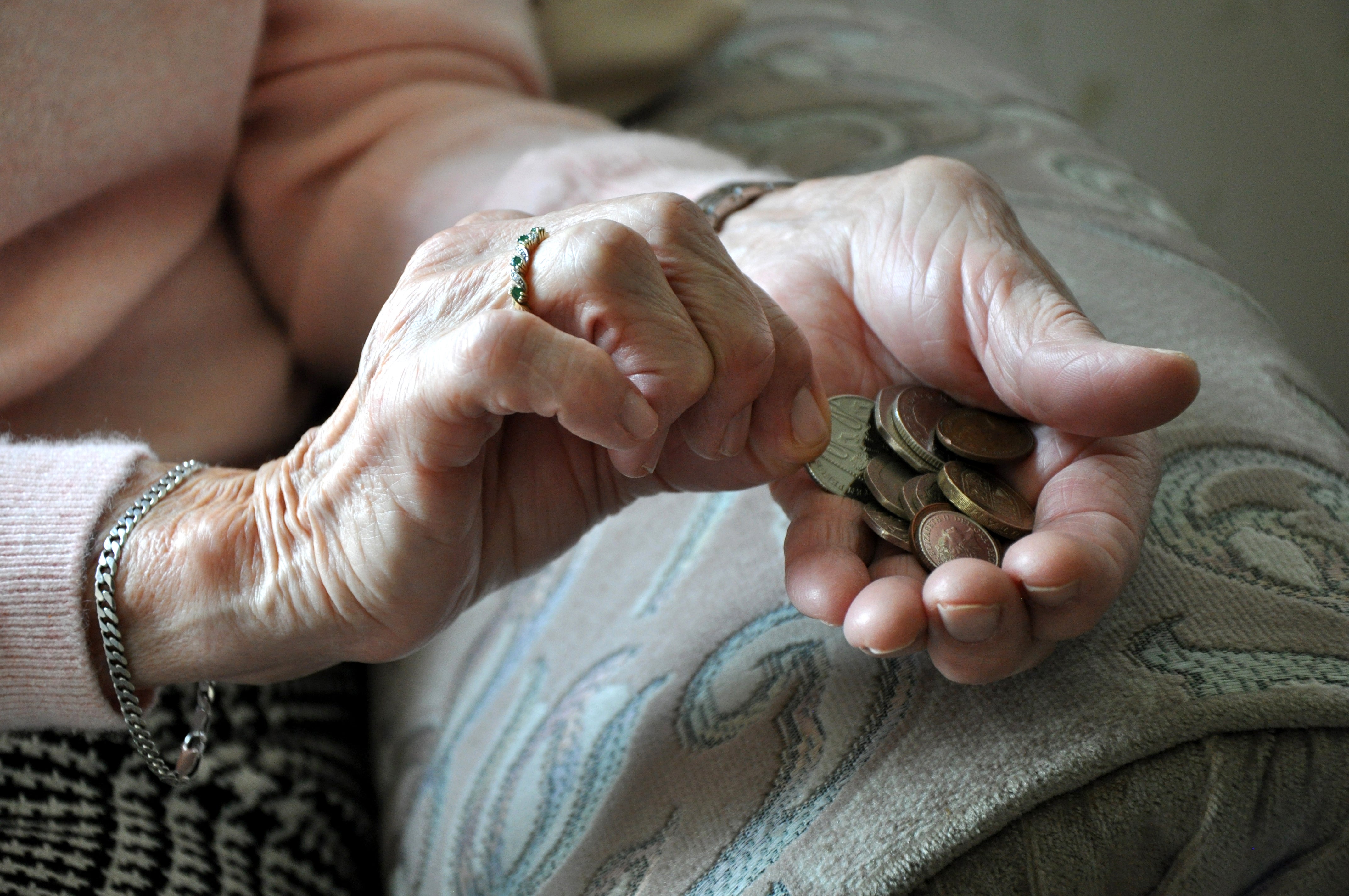Pensioners could receive windfall if triple lock pledge is honoured
Chancellor Rishi Sunak may need to re-commit to a strategy of building up the value of the state pension, a former minister said.

Retirees could be in line for a state pension windfall of about £10 per week if earnings continue to grow at current rates and the triple lock promise remains intact.
But if Chancellor Rishi Sunak makes adjustments to the triple lock guarantee, he should still “re-commit” to building up the value of the state pension in the longer term, former pensions minister Sir Steve Webb said.
Sir Steve, who is a partner at consultants LCP (Lane Clark & Peacock), said the triple lock guarantee used to uprate pensions was not designed for average earnings being as volatile as they are currently.
It guarantees that pensions will increase in line with inflation, earnings or 2.5% – whichever is higher.
Total wage growth including bonuses soared to 7.3% in the three months to May, or 6.6% excluding bonuses, with further rises expected.
The increase is distorted due to the economic impacts of coronavirus, with some people having been furloughed and then going back on full pay and many lower-paid jobs having vanished during the pandemic.
Sir Steve said if pensions increased in line with the 6.6% figure, this would lead to a rise of around £9.10 in the basic state pension (currently £137.60 per week) in April 2022, and £11.85 in the new state pension (currently £179.60 per week).
He said the final figure could be higher than 6.6%, with the final triple lock calculation based on earnings figures published in September, for the three months to July, while the inflation figure used in the calculation is the September Consumer Prices Index, set to be published in October.
Mr Sunak recently said concerns surrounding the costly potential rise are “completely legitimate”.
Sir Steve said the triple lock was designed to give a “steady boost” to the value of the state pension, adding: “But it was not designed for a period when average earnings figures are as volatile as at present.
“The Chancellor may well be tempted to use an ‘adjusted’ average earnings figure for the April 2022 uprating as this might ‘get him off the hook’ this time round.
“But if he does so he should also re-commit to a strategy of building up the value of the state pension thereafter.
“This is particularly important to growing numbers of women who have worked in the private sector, who may have very modest workplace pensions and are heavily dependent on the state pension.”
Tom Selby, senior analyst at AJ Bell said it was “entirely plausible” that average earnings could spike by 8% in the three months to July, as society emerges from lockdown and more parts of the economy open up.
He said this could increase the value of the flat-rate state pension by £746.20 to more than £10,000 a year.
Mr Selby said: “Chancellor Rishi Sunak faces being caught between the devil and the deep blue sea on the state pension triple lock.
“While the policy could add billions of pounds to public spending at a time of severe fiscal pressure for the country, unpicking it would break a manifesto commitment.”
Bookmark popover
Removed from bookmarks